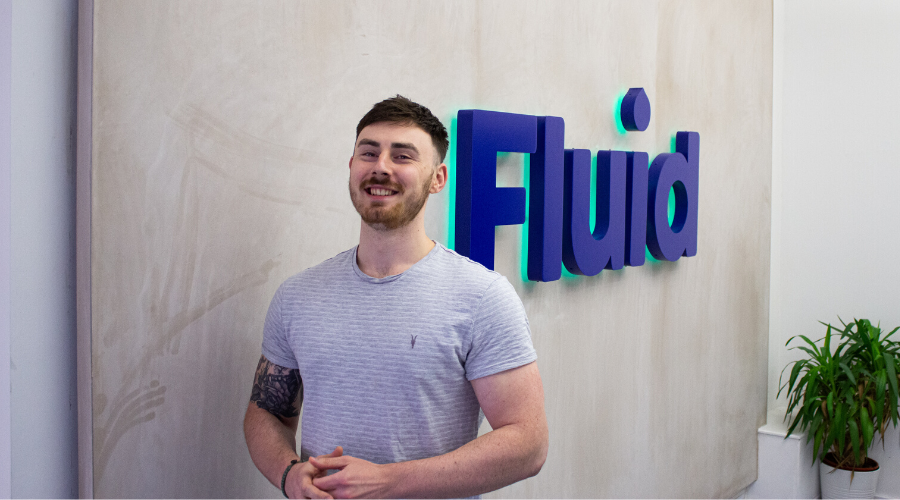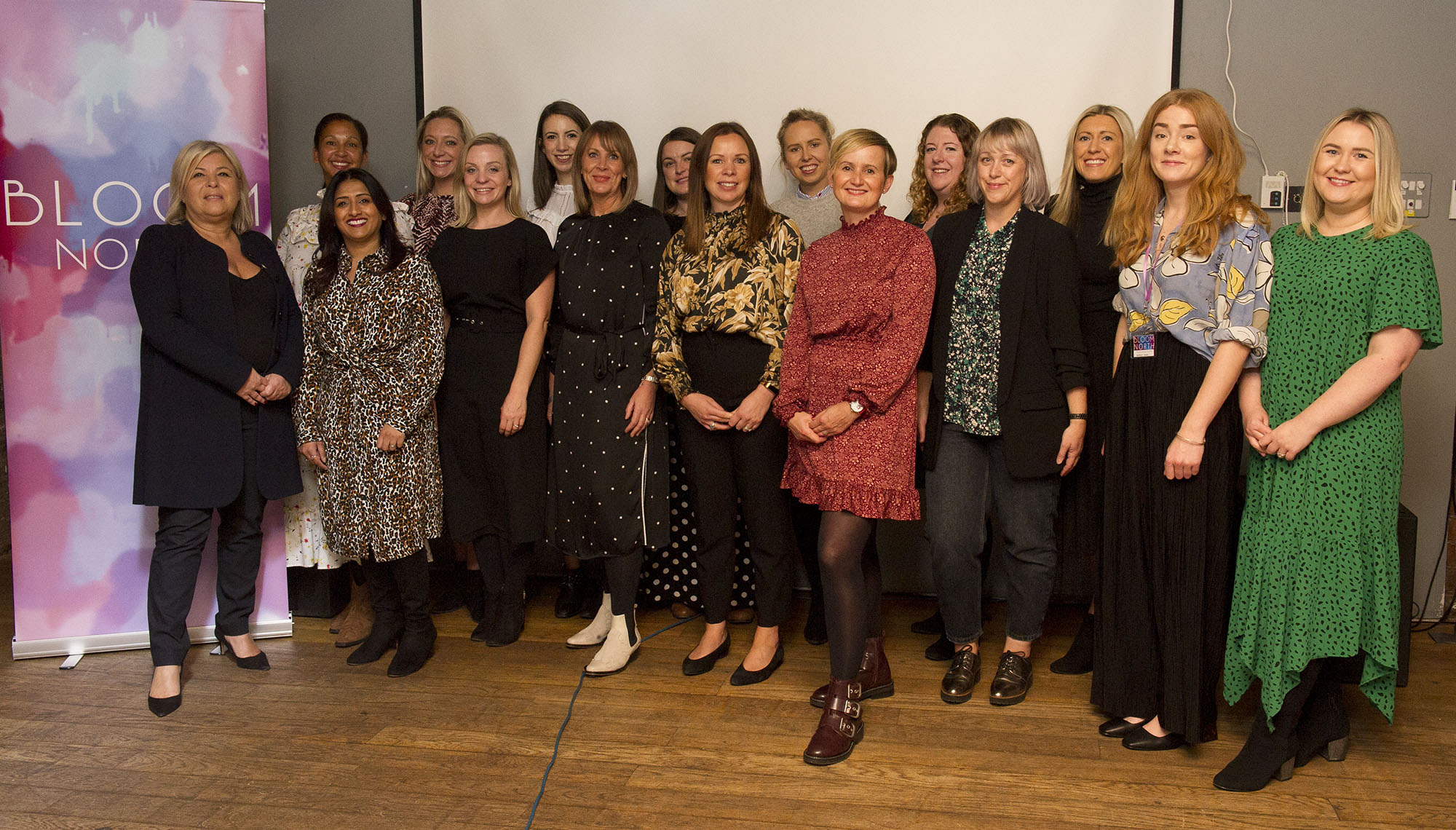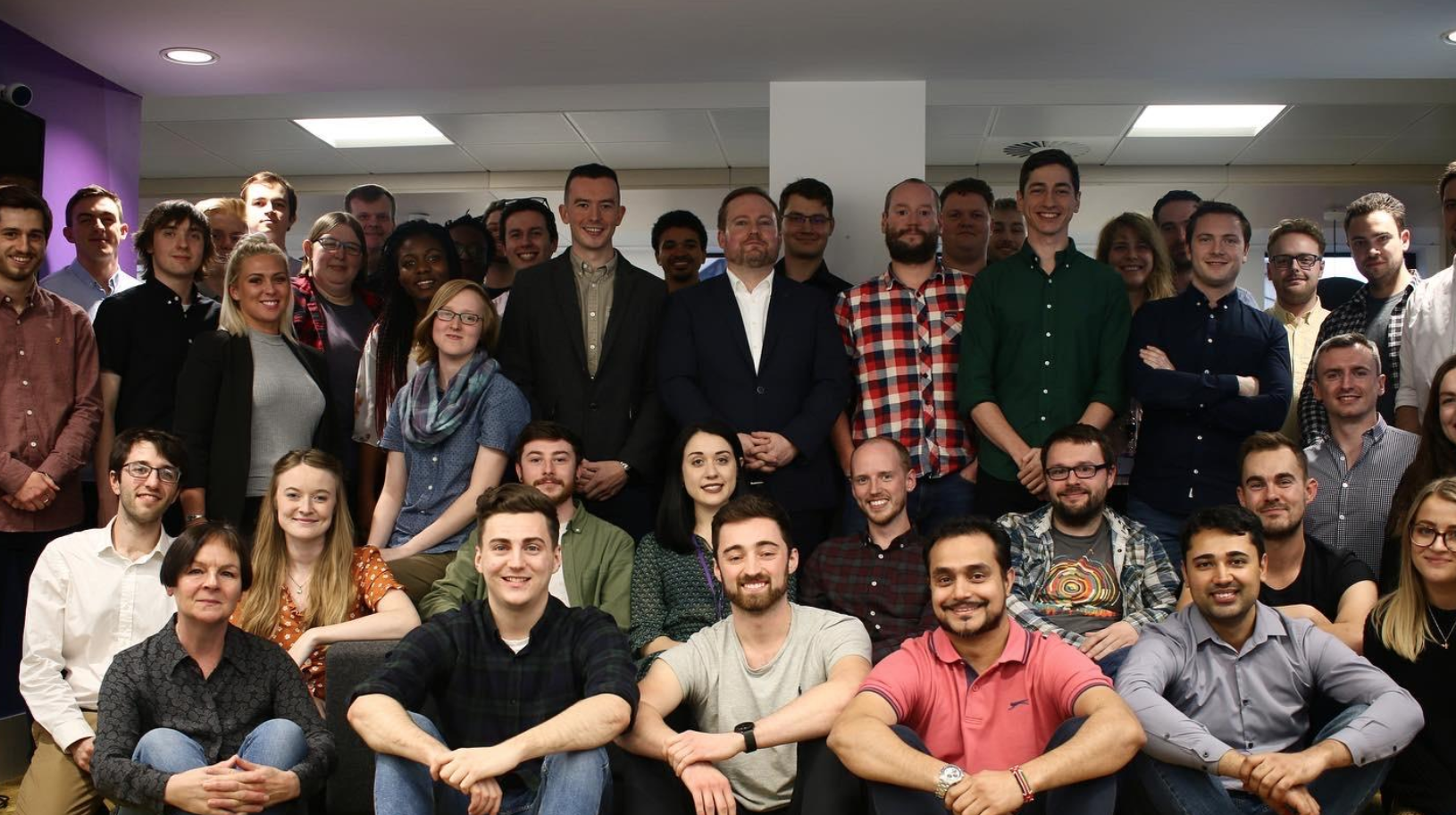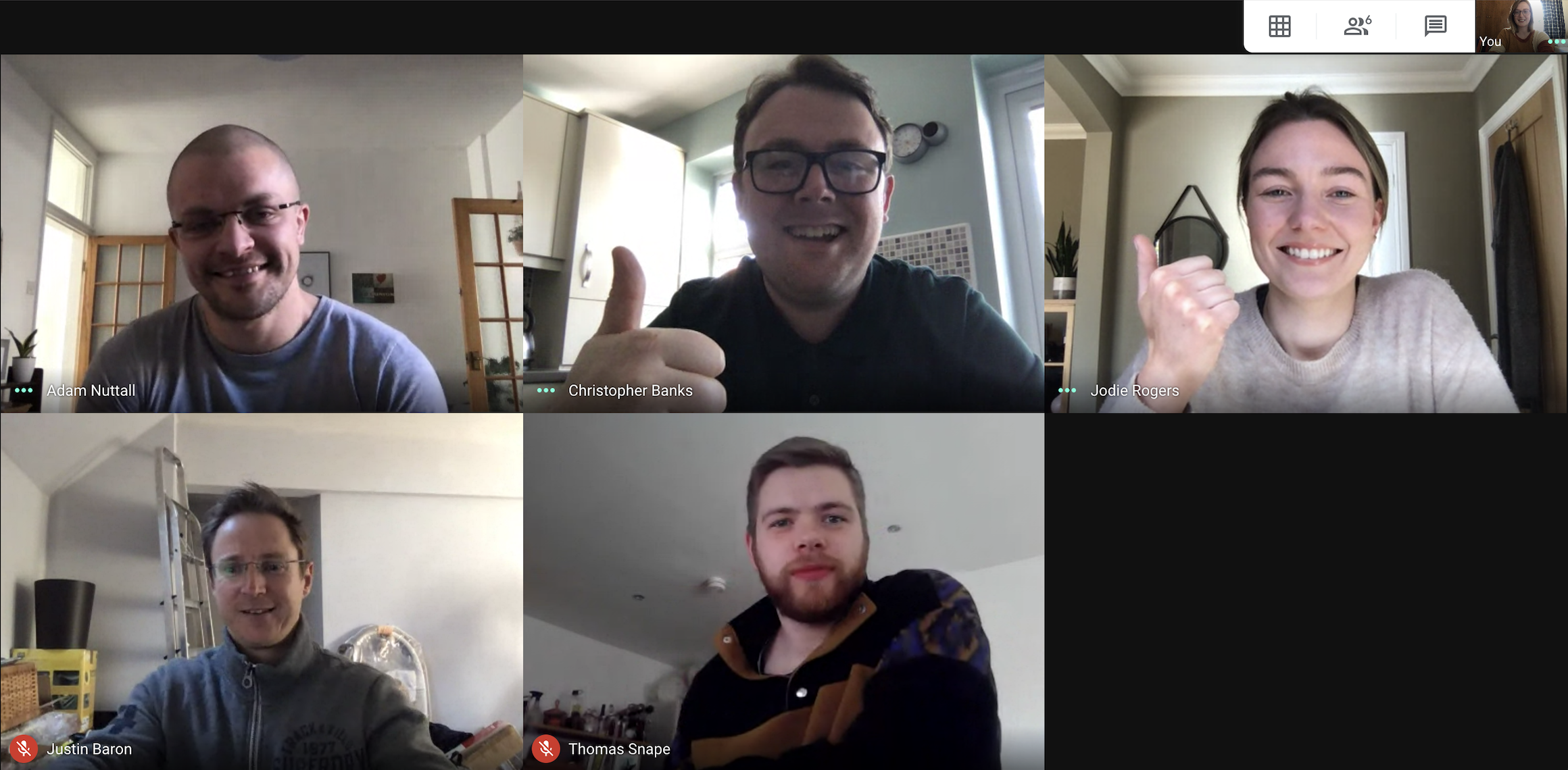
I’ve been a Deputy Director at the Government Digital Service (GDS) for almost two years now - a good length of time to have worked out some of the things that I’ve learnt from the experience so far, but not so long that I’ve got everything figured out. I consider myself really fortunate to work for an organisation where 50% of jobs are held by women, a rarity in the UK tech industry where women account for around 31% of the workforce. So, although I’m still learning myself, I’m sharing some of the things that made the biggest difference for my career in the hope that it helps others:
Invest the time to work out what you want from your role
This is probably the most important one - being honest with myself about what I wanted from my job and what motivates me has made me feel a lot happier about my career choices recently. This could be about getting the opportunity to work with and learn from someone that you really admire, or learning a new skill, or having the opportunity to put your skills to use at a more senior level. (It’s also ok to be honest about needing and wanting to earn more.)
Performance management and talent frameworks are really valuable for prompting meaningful development conversations. They often place an underlying emphasis on promotion and things that you need to do to get promoted, which are clearly valuable but not always the right thing for everyone at a specific point in time. While it’s undoubtedly important to get more women into senior leadership roles (particularly in tech where women account for around 10% of technology leaders), it needs to be what you want rather than something someone else has told you to want.
Understand what the next level up offers and do your due diligence
Getting into a senior leadership role and the Senior Civil Service (SCS) was never a career aspiration of mine. I was the first person in my family to get my A-levels and go to university. Everything that happened after that has been a case of having the curiosity and motivation to figure out what it involved and working out whether it was the right thing for me through a bit of trial and error.
So if the idea of progressing up a level or getting into senior leadership piques your interest in the slightest (even if it does also fill you with dread), it’s worth investing the time to find out more. Having chats with people who’ve done the job before, with other senior leaders, with recruiters and recruiting managers - are all things that can demystify promotion and recruitment, help you work out what you want (see 1.) and understand what you need to do to get there.
Be clear about what you can bring to the table
The specific type of role, the skills and behaviours that are required, the team that you’re working with, the organisational ethos and your fit with all of those things become more important the more senior you get. I’ve caused myself a lot of misery by feeling guilty and apologising for things I can’t do - rather than working out how to upskill, fill the gaps I have and focusing on my strengths. So, in addition to having a clear understanding of what you want, knowing your value proposition and leadership style – and being able to articulate this succinctly to others – will make it a lot easier both to target specific roles effectively and be confident about doing them.
Be mentored and mentor others
Having a mentor provides a great opportunity to work with someone who can give advice on tackling the different challenges that you may come across. This isn’t just about promotion - it can be about coping with work/life balance, learning from someone amazing, having a safe space to talk about stuff you’re finding hard when you’re new in a role, and all sorts of other things.
Finding a good match and building a relationship with someone who offers a different perspective can be really energising and motivating, particularly when you’re going through a tough time and periods of uncertainty. The same applies to paying it forward and mentoring others. There isn’t a one size fits all approach to mentoring - you’ll need to figure out what you want from someone (needs to be more specific than ‘more senior’) and find mentor(s) who you can ‘click’ with. It’s definitely ok to politely walk away from mentoring matches that aren’t working.
(Work out how you) deal with setbacks
Personal resilience becomes increasingly important the more senior you get. It’s not unusual for interview panels to ask what you do to remain resilient, for good reason. Applying for jobs or starting a new role can be really challenging for your self esteem. Personally, I go for evening runs several times a week to keep my mental health in check, with the occasional therapeutic mid-week takeout splurge for when I’m in need of a more targeted pick-me-up! Everyone’s different and if you don’t already know what your personal strategies are, invest the time to work out what you can do to recalibrate and be ok.
To find out more about careers at GDS, visit https://gdscareers.gov.uk/










